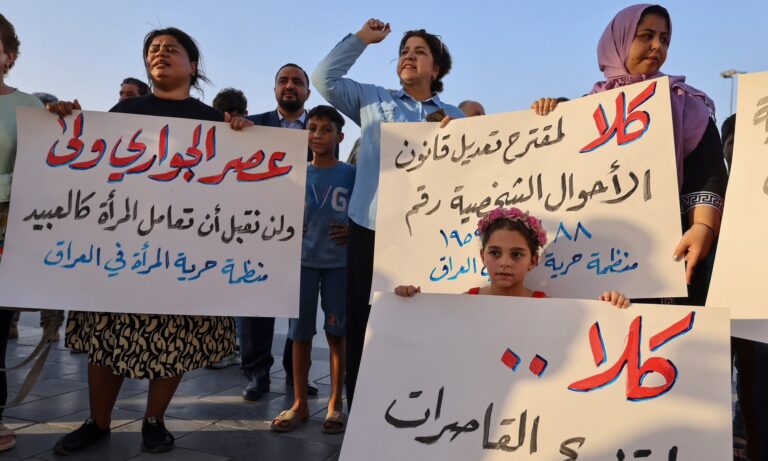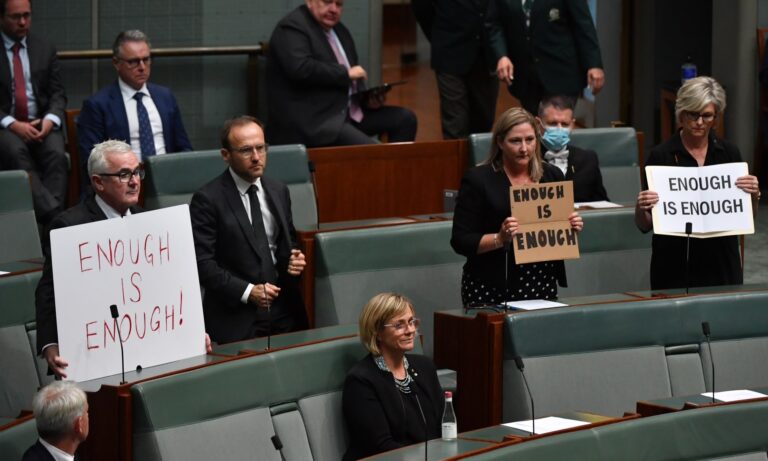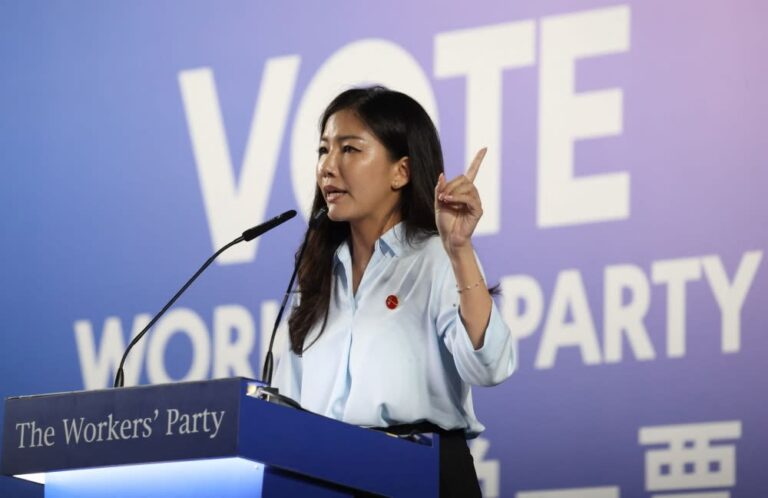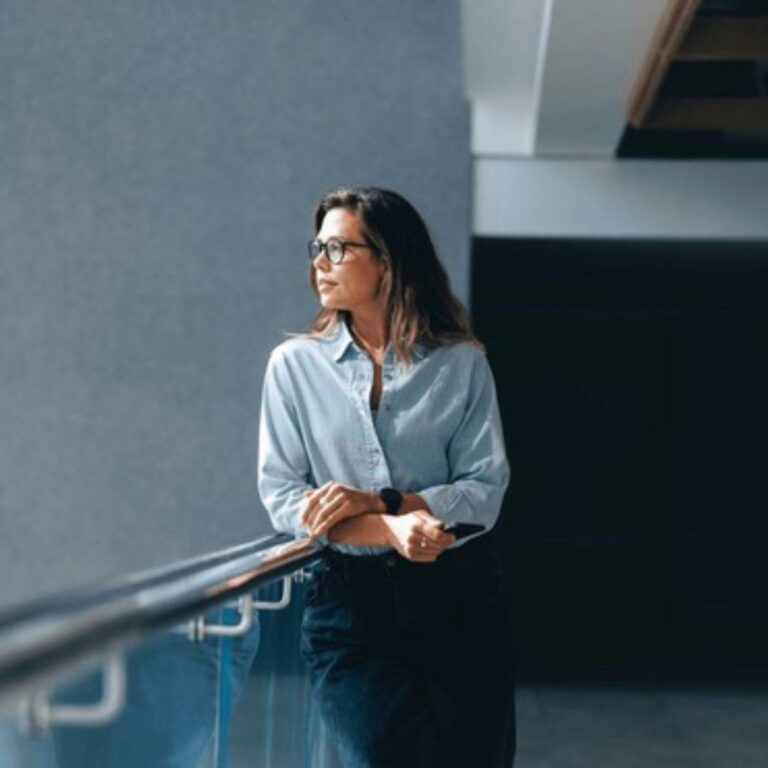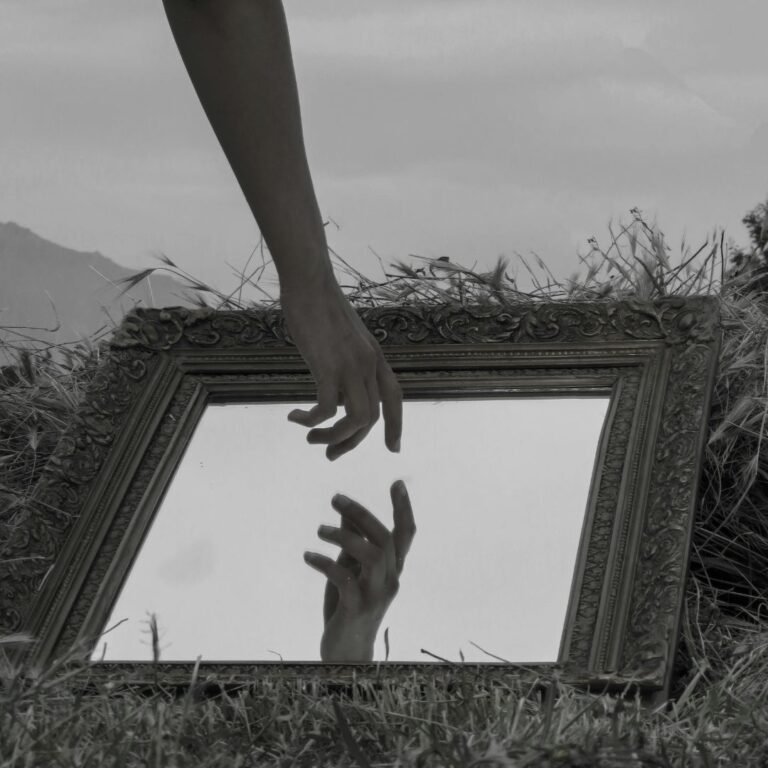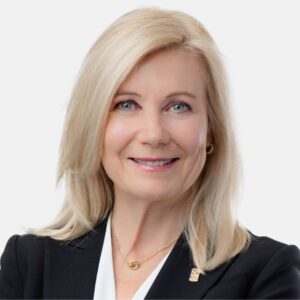Empowering change: countries paving the way for women in politics
Gender equality07.09.2023
Which countries in the world have the highest rate of women in politics? You might be surprised
The role of women in politics has evolved significantly over the years, with women politicians breaking through traditional barriers to make their voices heard and their influence felt on a global scale.
While disparities still exist in political representation, numerous countries have made substantial progress in empowering women in their political spheres. The following countries have emerged as leaders in promoting women’s participation in politics — let’s look at the factors contributing to their success.
Rwanda: a trailblazer in gender parity
Rwanda has consistently stood out as a pioneer in women’s political empowerment. With a groundbreaking 61 per cent of parliamentary seats held by women as of 2021, Rwanda holds the world record for the highest representation of women in national legislatures.
This impressive achievement is largely attributed to legal measures, including a quota system that requires a minimum of 30 per cent representation by women in decision-making bodies. The country’s history of gender-based violence during the 1994 genocide also drove the need for increased female political participation.
Nordic countries: equality and progress
The Nordic nations, including Sweden, Norway, Iceland, Finland, and Denmark, have long been regarded as champions of gender equality. These countries consistently rank high in global gender equality indices and are known for their strong social welfare policies.
The emphasis on women’s rights and opportunities has translated into high levels of female representation in politics. Norway, for example, was the first country in the world to have a majority-female cabinet. The availability of flexible work arrangements, generous parental leave policies, and robust support networks contribute to these countries’ success in fostering women’s political participation.
Bolivia: empowerment through Indigenous inclusion
Bolivia has made remarkable strides in promoting not only gender equality but also Indigenous rights in its political landscape. The country’s 2009 constitution recognizes the importance of women’s participation and mandates a minimum of 50 per cent female representation in legislative bodies.
This commitment has been particularly impactful for Indigenous women, who often faced multiple layers of discrimination. Bolivia’s experience demonstrates the intersectionality between gender and Indigenous rights in politics.
New Zealand: leadership and progressive policies
New Zealand, under the leadership of former Prime Minister Jacinda Ardern, has gained global recognition for its inclusive and compassionate approach to governance. Ardern’s leadership, characterized by her response to crises and her focus on well-being, has set an example for women in politics worldwide. In addition to being the third woman Prime Minister of New Zealand, Jacinda Ardern was also the second elected world leader to give birth while in office.
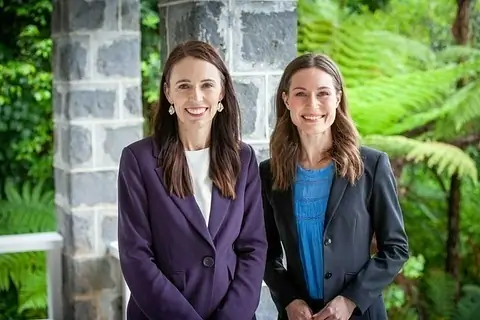
New Zealand’s commitment to gender equality is reflected in its cabinet, where women hold prominent positions in key portfolios, demonstrating the country’s commitment to dismantling gender-based barriers.
Costa Rica: pioneering gender quotas in Latin America
In Latin America, Costa Rica has paved the way for gender parity in politics. With a parliament composed of nearly 45 per cent women, Costa Rica’s implementation of gender quotas has played a pivotal role in enhancing female representation. The country’s electoral reform in 2009 mandated that women must make up at least 40 percent of candidates on political party lists, promoting a more balanced political landscape.
How are things going in Canada?
In the landscape of women’s political participation, Canada has been progressively working to close the gender gap in politics.
While Kim Campbell’s role as Canada’s first woman Prime Minister, in 1993, was an important milestone for women’s representation in Canadian politics, her short-lived tenure didn’t usher in the major gains for women in politics many might have hoped for.
It would be over 20 years before Canada would have a gender-balanced federal cabinet when, upon his election in 2015, Prime Minister Justin Trudeau appointed 15 women and 15 men to serve as ministers in his cabinet. When asked why it was important to have equal numbers of men and women in cabinet, Trudeau made international news by answering, “Because it’s 2015.”
Under the government’s strong commitment to advancing women in politics, Chrystia Freeland has emerged as one of the most influential women in Canada, frequently representing our country to the world, and making decisions which affect all Canadians in her current roles as Canada’s Deputy Prime Minister and Minister of Finance.


